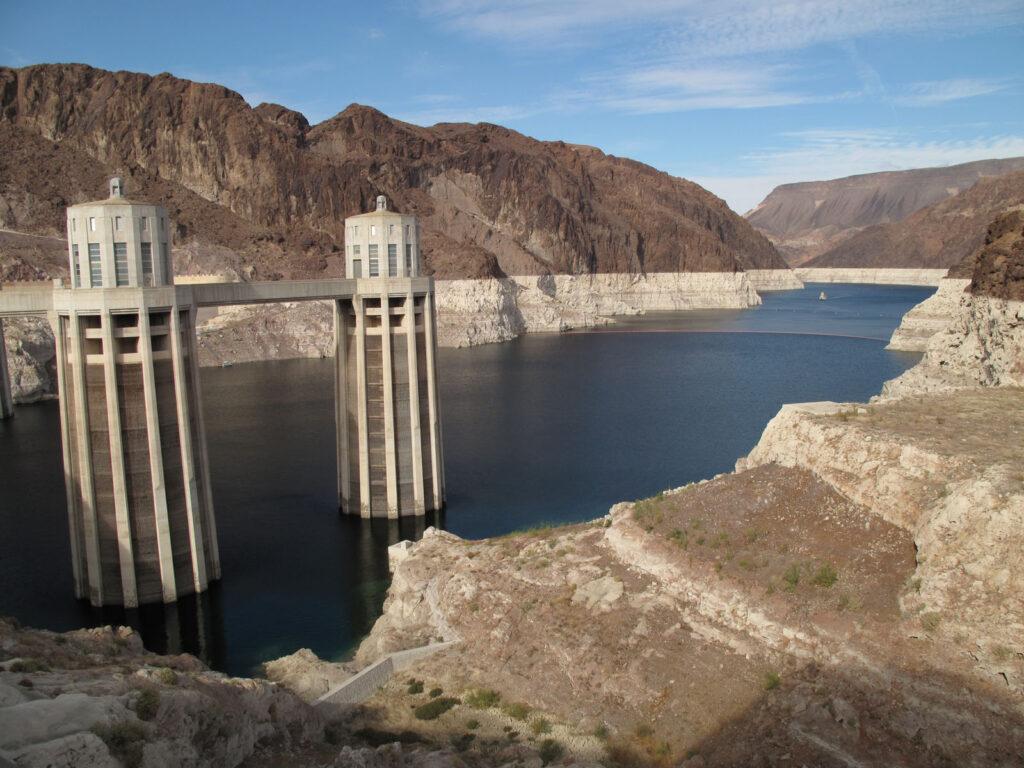Lorenzo Pena pulls off the highway and into a drive-through water distribution center on the Southern Ute Indian Tribe reservation in southwest Colorado. He parks his truck and connects the empty tank it's hauling to a large hose and thousands of gallons of water quickly rush in.

Pena, who works for the Southern Ute Indian Tribe’s hauled water program, has made this trip countless times to deliver water to tribal members who don’t have clean water piped to their homes from the local utility.
“It’s pretty dry around here,” Pena said. “So if people have wells, they’re real slow or the wells aren’t really producing much water.”
If a family on the reservation doesn't use well water or lives outside of town, they have to haul water to fill their cistern to flow through their home.
The Colorado River is the lifeblood for the Southern Ute and dozens of federally recognized tribes who have relied on it for drinking water, farming, and supporting hunting and fishing habitats for thousands of years. The river also holds spiritual and cultural significance. Today, 15 percent of Southern Utes living on the reservation in southwest Colorado don’t have running water in their homes at all. That rate is higher for other tribes that rely on the Colorado River, including 40 percent of the Navajo Nation.
